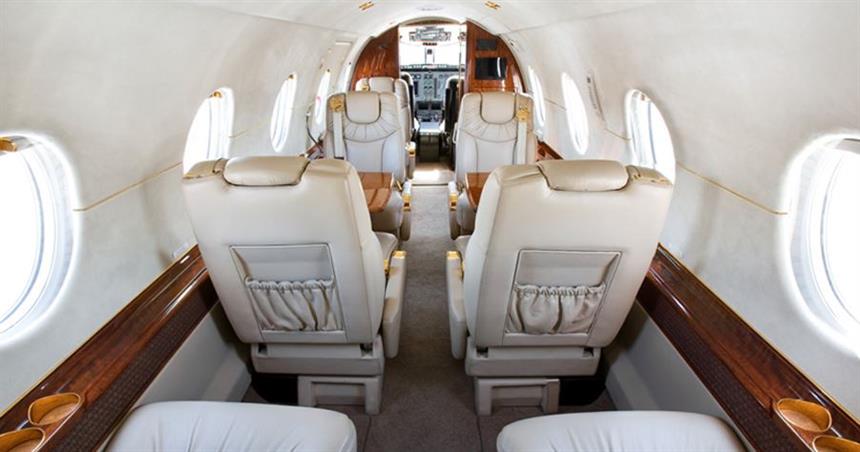Cabotage – Your Guide
We’re a company which strives to make sure you’re always clued in when it comes to private jets because we know you don’t have time for issues. And Cabotage is a problem which can crop up from time to time, and it’ll impact you in a big way.
We’re going to be taking a look at what cabotage is, how it impacts the industry, and what it can do when you’re trying to get from one place to another.
What is Cabotage?
Until the 1930s, people could go anywhere they wanted on a plane. The sky was the limit until cabotage came into effect. The term comes from maritime jargon, and in shipping terms once meant the right that ships had to deliver goods and passengers from port to port in a country outside of their originating one.
However, when merchants found that they could sell goods at the ports of foreign countries at a cheaper cost than the actual companies based there, cabotage was introduced to regulate movement.
How Does This Affect Private Jet Hire?
So, we all know that private jet flights are a convenient way for people to travel from one place to the next. Because of the nature of individual trips, a lot of planes will finish their journey in another country, so it’s common practice to pick up passengers from that location, for the sake of efficiency. For example, if you wanted a flight to France, and someone wanted a trip from France to the UK, the same plane might well fly you to your destination privately, restock in France, and then transport the other person personally back to the UK. However, they can only do this if they can claim cabotage.
Thankfully, the EU is one big exception to this rule and allows for easy travel between all member states. It means that we can hop across Europe providing our services with not much difficulty. However, there are a lot of places which aren’t necessarily possible, so it’s important to make sure you plan. We will notify you if there’s a problem in any situation, but it’s just helpful to understand how things work and what the impacts can be. In some cases, it just means you have to make a slight detour or fly from one country to another instead of making a straight trip to your destination.
All in all, the rules of Cabotage can be confusing to navigate sometimes, but there’s no doubt that they exist to help legitimate businesses all around the world. It’s easy to see why you would be confused with this because it can get quite complicated. However, there’s also no doubt that in most cases, we can provide you with a comfortable private flight to your destination. We make sure that we can provide you with a solution regardless of your situation, and always endeavour to help out, so please feel free to get in touch and find out what we can do for you!
FAQ:
What is Cabotage?
Until the 1930s, people could go anywhere they wanted on a plane. The sky was the limit until cabotage came into effect. The term comes from maritime jargon, and in shipping terms once meant the right that ships had to deliver goods and passengers from port to port in a country outside of their originating one. However, when merchants found that they could sell goods at the ports of foreign countries at a cheaper cost than the actual companies based there, cabotage was introduced to regulate movement.

